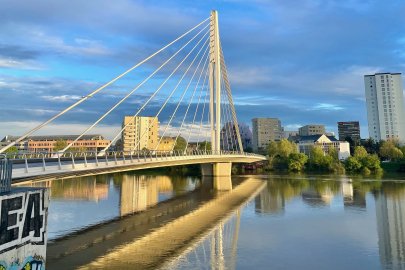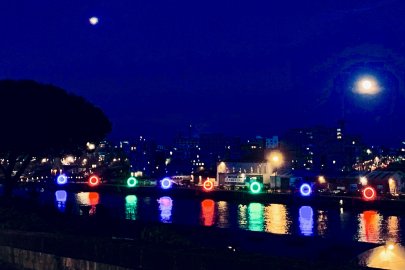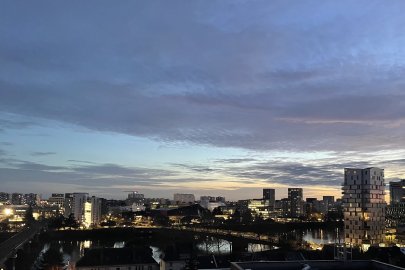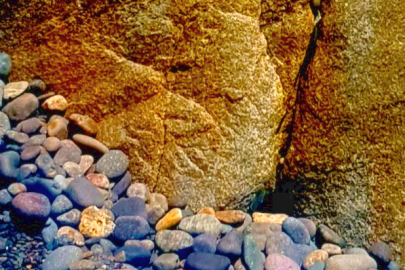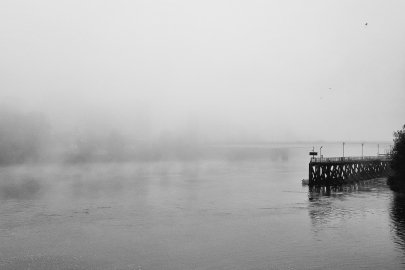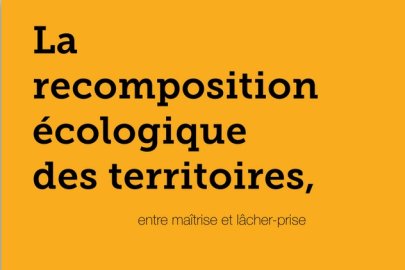"Cultivating our garden" How to live in the Mediterranean world in Voltaire's time? The example of a Hungarian colony in Turkey
Ferenc Toth
The famous sentence at the end of Voltaire's novel Candide ou l'Optimisme is not unrelated to the Hungarian colony in Turkey, because the author placed his heroine Cunégonde ‘on the banks of the Propontide’ with a Hungarian prince, François II Rákóczi, who was living at the end of his life in the town of Rodosto, now Tekirdag in Turkey, not far from Istanbul.
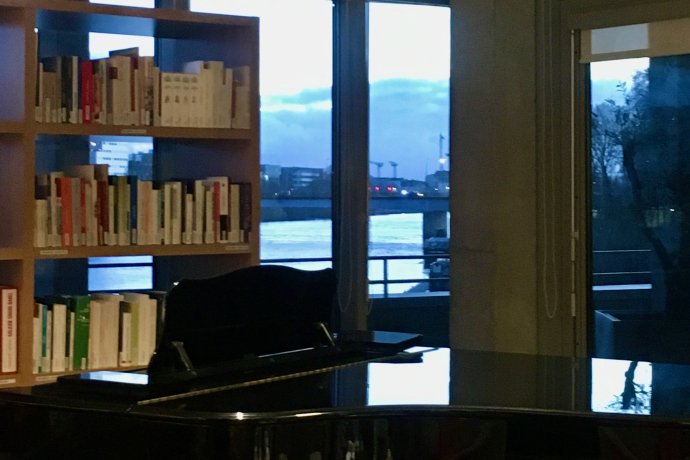
This place was intended for Hungarian refugees following the failure of their war of independence (1711) and, in accordance with the Peace Treaty of Passarowitz (1718), the Hungarian colony enjoyed a kind of diplomatic immunity. It had property, regular upkeep and enjoyed a relatively high degree of autonomy, with a leader in the person of the prince and, after his death, his son and his generals. Shortly after the arrival of the Hungarian exiles in Rodosto, they formed an exile settlement in the centre of the town. According to the chronicler Kelemen Mikes, their first impressions were rather mixed: ‘As soon as Mr Bercsényi arrived here, he immediately made an anagram of the name of the town, which became ostorod (in Hungarian: your scourge). This suits exiles very well". According to the sources, the Hungarian colony quickly developed into a diplomatic and intellectual centre, acting as an intermediary between the European embassies and the Ottoman Porte. The small Hungarian community soon changed the town: the chapel founded by Prince Rákóczi soon became the Catholic parish, adding a new touch to this small multi-ethnic town where several religions coexisted in a spirit of tolerance and mutual respect comparable to Transylvania, nicknamed ‘the Garden of the Fairies’. A few years later, the same Mikes wrote in his Letters from Turkey: ‘We have now become good people, taking fire and place, and I already love Rodosto so much... that I cannot forget Zágon (his village in Transylvania)’.
Prince Rákóczi's agents contributed to the geographical knowledge of this territory: they surveyed and drew accurate maps, in particular those of the Marmara region by his Danish engineer-diplomat, Poul Bohn, while his chargé d'affaires at the Porte, Ibrahim Müteferrika, even published them in his Ottoman printing house. They were often behind diplomatic initiatives and reforms to modernise the Ottoman Empire. Little by little, the town became an important staging post for shipping between Constantinople and the Dardanelles. The members of the Hungarian community integrated into local Levantine society and built their own ecumene, a dwelling comparable to Voltaire's ‘garden’, which represented the world entrusted by Providence to its inhabitants to make it better, to make it prosper and to work for human progress.


